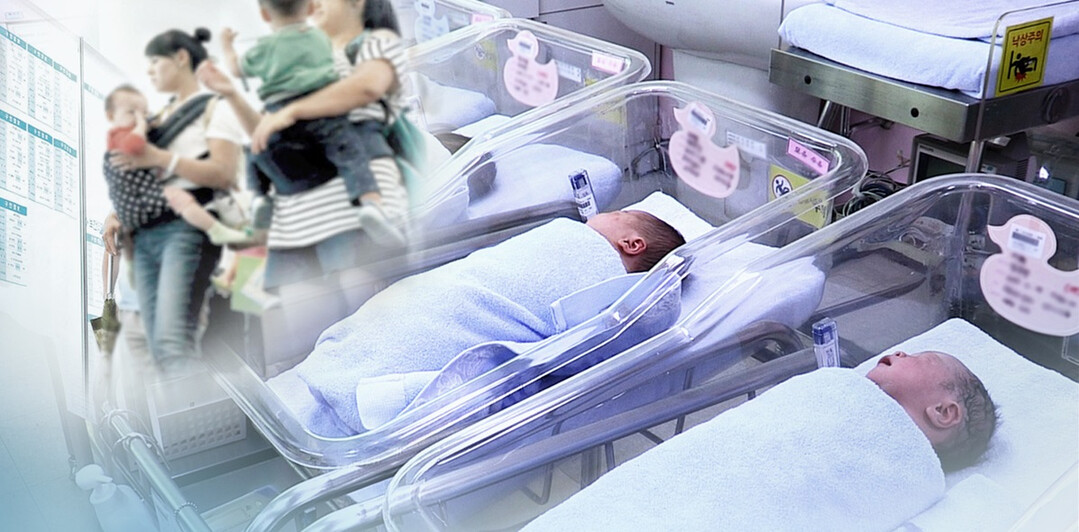
Seoul, South Korea – South Korea is facing growing pressure to overhaul its family policies to accommodate the increasing number of unmarried births. While the government has acknowledged the need for a more inclusive approach, experts argue that significant legal and policy changes are necessary to foster a more accepting society.
According to the National Statistical Office, unmarried births accounted for 4.7% of all births last year, a significant increase from previous years. While this figure is still lower than the OECD average of 42%, it reflects a growing trend towards non-marital childbearing in South Korea.
Experts have pointed to France as a model for South Korea to emulate. France introduced the Pact Civil de Solidarité (PACS) system in 1999, which allows unmarried couples to enter into civil unions with many of the same rights as married couples. This, coupled with a strong social safety net, has contributed to a more accepting attitude towards diverse family structures and has helped to maintain a relatively high birth rate.
"In France, the focus is on the child and their well-being, regardless of their parents' marital status," said Kim Sun-suk, a professor of social welfare at Korea National University of Transportation. "There should be a societal celebration of all births, regardless of the circumstances."
Kim Young-mi, a professor of social welfare at Dongseo University, echoed these sentiments. "We need to shift our focus from the traditional family structure to the child's needs," she said. "By providing support to all parents, regardless of their marital status, we can create a more inclusive society and encourage more people to have children."
The South Korean government has recognized the need for change and has indicated that it will be expanding support for unmarried parents. However, critics argue that these measures do not go far enough and that more fundamental reforms are needed.
"While the government's efforts to support unmarried parents are commendable, we need to address the underlying societal attitudes that stigmatize non-marital births," said [Name], a representative from a local women's rights organization. "By reforming our laws and policies, we can create a more just and equitable society for all families."
As South Korea grapples with a declining birth rate, the issue of unmarried births has taken on new urgency. The government's response to this challenge will have far-reaching implications for the country's social and economic future.
[Copyright (c) Global Economic Times. All Rights Reserved.]




























